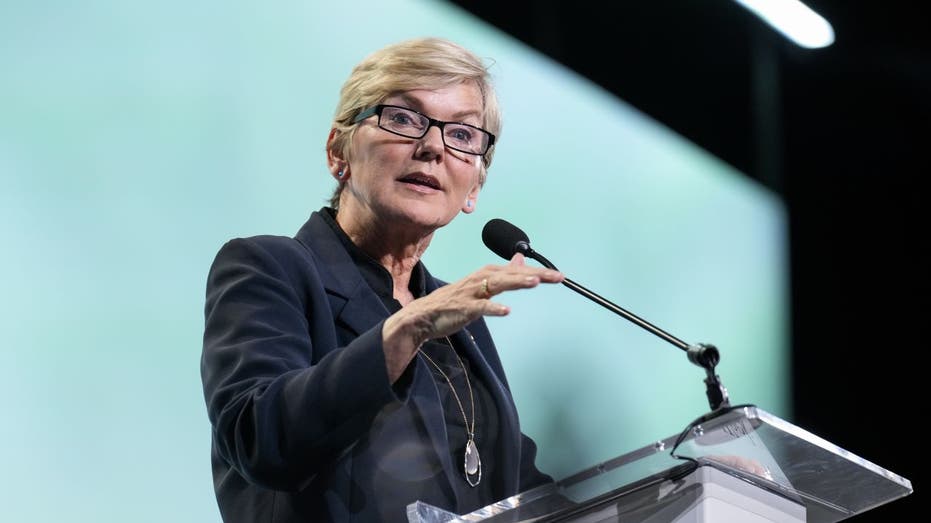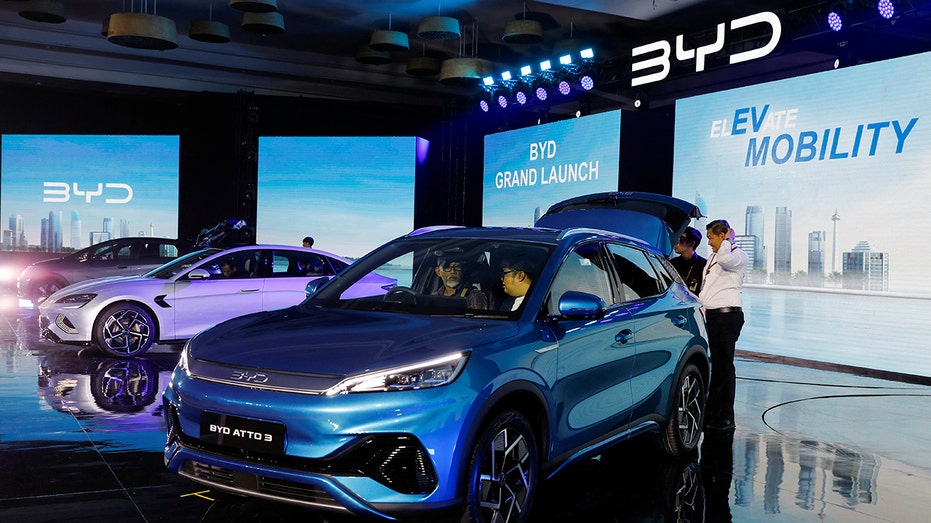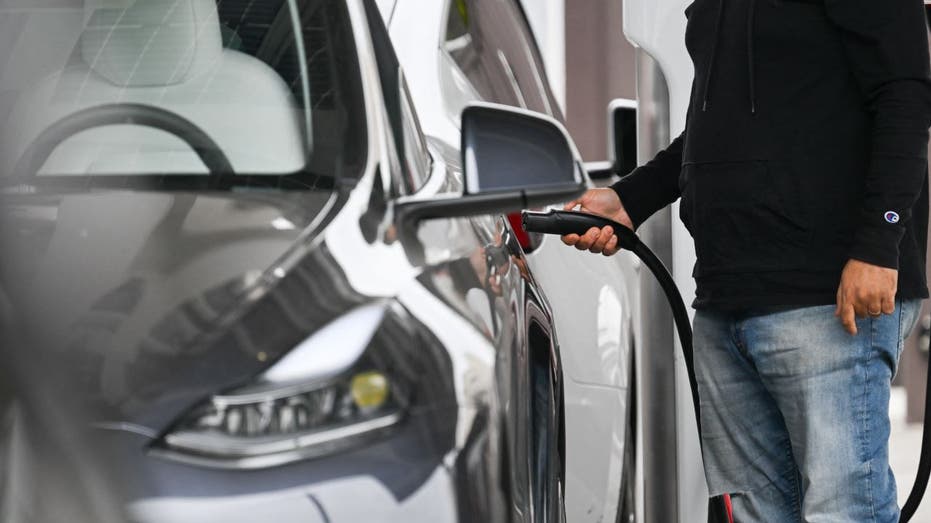Biden admin official says higher tariffs on Chinese EVs are crucial for US automakers
Energy Secretary Jennifer Granholm said that federal EV subsidies and tax credits help protect American autoworkers
Robert Lighthizer says Biden tariffs on Chinese imports too little, too late
Former U.S. trade representative Robert Lighthizer sounds off on Bidens plan to impose tariffs on $18 billion worth of Chinese imports.
Secretary of Energy Jennifer Granholm on Tuesday said that the Biden administration's plan to quadruple tariffs on imported Chinese electric vehicles to over 100% in August is crucial to the health of the U.S. auto sector.
"We need to have that industry here," Granholm said in an interview with Reuters on Tuesday. "If we didn't do that, we would just be ceding the entire territory to China like we saw happen with solar panels."
She added that China's "plan is very aggressive on industrial policy and we had done nothing and now we are doing something about it."
The U.S. government is investing hundreds of billions of dollars in clean energy tax subsidies to spur the market for EVs, solar energy and other new technologies — while slamming the Chinese government's policies for fueling excess production in those industrial sectors that threaten the viability of U.S. companies.
AMERICANS STILL NOT SOLD ON EVS DESPITE BIDEN PUSH, POLLS SHOW

Secretary of Energy Jennifer Granholm said that higher tariffs on Chinese EVs are needed by U.S. automakers. (Yi-Chin Lee/Houston Chronicle via Getty Images / Getty Images)
The Biden administration previously announced that the higher tariffs on Chinese EVs are set to take effect on Aug. 1. It views the tariffs, which are taxes on imports, as a means of protecting U.S. jobs in the auto industry from a flood of cheap Chinese imports.
"We want to have a manufacturing backbone. We have to be tough about it," Granholm said.
She went on to say that U.S. automakers "are doing everything they can to continue to reduce prices," and rejected the suggestion that keeping lower-priced Chinese EVs out of the U.S. market would serve as a deterrent for American auto manufacturers cutting prices.
BIDEN HIKES TARIFFS ON CERTAIN IMPORTS FROM CHINA BY $18B

Chinese automakers like BYD that make cheap EVs will find it more difficult to enter the U.S. market when tariffs are quadrupled to 100%. (REUTERS/Willy Kurniawan / Reuters Photos)
Granholm said that despite Republican opposition to the Biden administration's subsidies for U.S.-made EVs, it would be "political malpractice" for Congress to reverse those EV credits in the future because they benefit workers building vehicles in Republican-voting states.
"I think it would be hard for a member of Congress to undo these tax credits that are creating jobs in your district," she said. "I think the business community would be very strongly opposed to that… Any president would be in favor of fighting back against the industrial policies of China — and this is what our fighting back is, what our counterpunch is."

A $7.5 billion federal program to build EV charging stations has drawn criticism with just 8 having been installed since its inception. (Patrick T. Fallon/AFP via Getty Images / Getty Images)
Granholm also said that she expects about 1,000 public EV charging stations to be operational at the end of the year through a $7.5 billion federal government program that has so far resulted in few charging stations becoming functional.
"These are the hardest ones to do," Granholm said, saying that some do not have electricity.
Autoweek recently reported that despite the federal funding, only eight charging stations have been built and become operational since Biden signed a bipartisan infrastructure bill into law in 2021 that included the funding. A later bill known as the Inflation Reduction Act signed into law in 2022 expanded tax credits for EVs and charging stations.
GET FOX BUSINESS ON THE GO BY CLICKING HERE
Transportation Secretary Pete Buttigieg said in an appearance on CBS' "Face the Nation" last week that "the very first handful of chargers are now already being physically built." He explained that "it's more than just plugging a small device into the ground" because there's utility work that needs to be done and that
Buttigieg also reiterated that the Biden administration's goal is to have 500,000 chargers installed by 2030.
FOX Business' Stephen Sorace and Reuters contributed to this report.




















